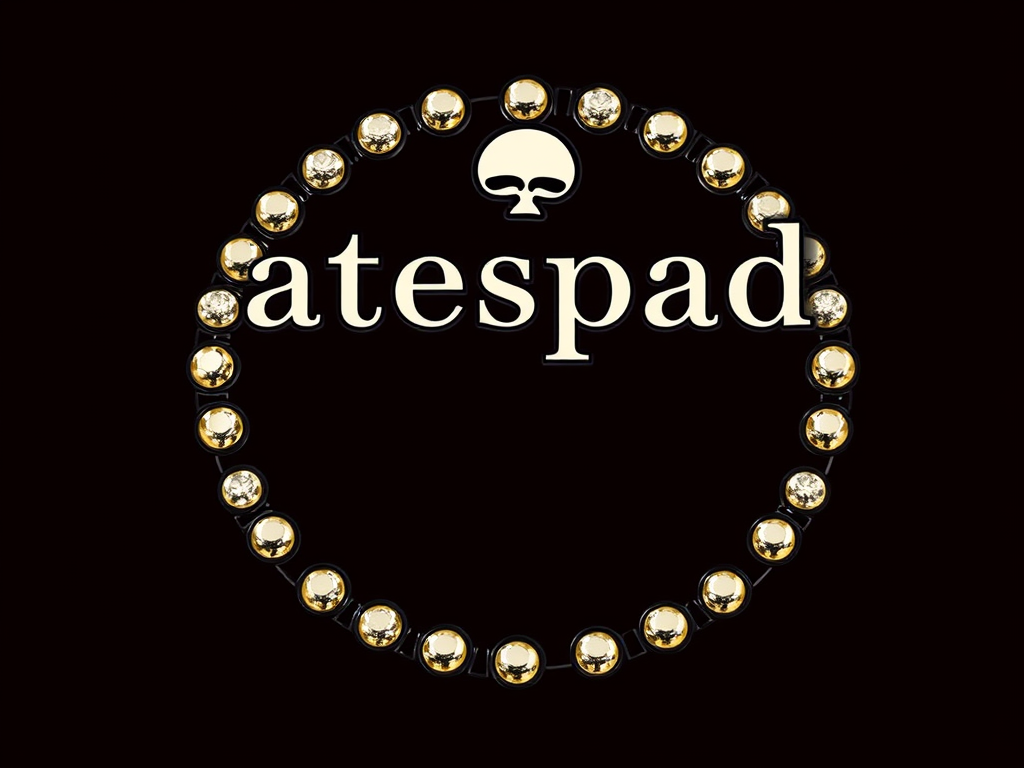Overview of UK Fashion Institutions Focused on Sustainable Design
UK fashion institutions are at the forefront of transforming how the future of fashion is shaped by offering sustainable design workshops. This pivotal shift in eco-friendly fashion education seeks to integrate sustainability into the core of fashion creativity and industry practices.
The importance of sustainability in fashion education is paramount, as it builds awareness and competency among upcoming designers to address environmental concerns. Institutions leading in this area focus heavily on imparting practical skills and insights, thus emphasizing sustainable design practices in their curriculum.
Additional reading : Sexy cosplay costumes: unleash your alter ego with style
These forward-thinking institutions introduce students to sustainable design workshops that enhance practical learning experiences. Workshops often cover critical aspects of sustainable practices such as materials sourcing, waste reduction, and the lifecycle of fashion products. Encouraging involvement in practical projects allows students to apply theoretical knowledge in a real-world setting, fostering a deeper understanding of eco-friendly practices.
This education model not only instills environmental responsibility but also equips students with skills highly sought in the industry. Thus, these institutions play an essential role in reshaping the landscape of fashion education, promoting a more sustainable future for the fashion industry.
In parallel : Discover timeless gothic fashion at your local clothing store
Top UK Fashion Institutions Offering Sustainable Design Workshops
In the realm of fashion, leading fashion schools play a pivotal role in shaping the future of sustainable practices. They offer immersive workshops embedded within a robust sustainability education framework.
Institution 1: [Name]
This institution is renowned for its progressive approach to sustainable design. It offers short-term workshops focused on innovative materials and sustainable sourcing. The workshops usually span over a period of weeks and are structured to blend theory with practical application. The school’s reputation as a leader in fashion innovation is well established, making it a sought-after choice for aspiring eco-conscious designers.
Institution 2: [Name]
Featuring a unique array of workshops, this institution emphasizes eco-friendly methodologies and waste reduction techniques. These sessions range from day-long intensives to month-long engagements, allowing students to delve deep into the intricacies of sustainable craftsmanship. The institution boasts firm accreditation and recognition in the fashion industry, adding significant value to its educational offerings.
Institution 3: [Name]
With a focus on real-world applications, this school offers workshops that simulate industry scenarios. Participants can expect to engage with projects that are not only educational but also have practical implications in modern fashion. The workshop schedules are flexible, catering to diverse learner needs while maintaining a standard of excellence noticeable through its industry reputation.
Detailed Program Descriptions
In the realm of fashion education, understanding the sustainable design curriculum is crucial for students aiming to impact the industry. UK fashion institutions offer a variety of workshop formats to cater to diverse learning preferences. These formats range from intensive weekend courses to semester-long modules, ensuring that both brief and in-depth engagements are available.
Workshops often focus on key topics such as sustainable fabric innovation, ethical production practices, and the environmental impact of fashion. This holistic approach ensures that participants gain a well-rounded understanding of sustainable fashion.
Programs are designed to blend theory with hands-on experiences, enabling students to apply what they’ve learned in real-world contexts. For instance, many programs incorporate design challenges and collaborative projects that simulate genuine industry conditions.
Participants benefit from instructors who integrate practical application into their teaching, offering insights from real-world experiences. The focus on applying theoretical knowledge in workshops ensures students leave with tangible skills.
This integrated learning structure not only nurtures creativity but also cultivates an innovative mindset among participants, preparing them to lead sustainability efforts in the fashion industry.
Highlights of Immersive Experiences
Immersive workshops within UK fashion institutions offer unique hands-on learning experiences that deeply engage students in sustainability initiatives. These workshops provide opportunities where students can participate in real-world projects and collaborate with industry leaders.
At the core, these immersive experiences allow students to directly apply their knowledge to practical scenarios, enhancing their understanding of environmental impacts on fashion. This method fosters a connection between theoretical learning and practical application, crucial for developing a sustainable mindset.
Various institutions run projects where students team up with established brands to address real challenges faced by the industry. These collaborations are invaluable, as they provide students with authentic insights into eco-friendly practices and industry dynamics.
Programs often highlight successful case studies, showcasing innovative solutions developed by students. For instance, past projects have ranged from designing sustainable collections to creating zero-waste fashion lines. These programs support creativity while underlining the necessity of sustainability.
By engaging students in meaningful projects, immersive workshops build essential skills that are transferable to their future careers. The combination of an environmentally conscious philosophy with hands-on experiences ultimately equips students to become pioneering voices in sustainable fashion.
Sustainability Goals of Participating Institutions
The sustainability goals of UK fashion institutions are pivotal in guiding their eco-friendly practices and educational commitments. Each institution harbours a unique sustainability mission that fundamentally shapes their curriculum and outreach initiatives. These goals focus on weaving sustainability into the core of every educational offering, ensuring a consistent message of environmental stewardship.
At the forefront, institutions employ strategies such as integrating eco-friendly materials and processes into their programs. They promote sustainability initiatives by aligning educational goals with global environmental standards. This alignment not only cultivates responsible designers but also contributes to the broader objective of reducing the fashion industry’s ecological footprint.
Community engagement is another cornerstone of these institutions’ sustainability agendas. They extend their sustainable fashion practices beyond the classroom, engaging with local communities through workshops and collaborations. This outreach fosters an inclusive ecosystem where knowledge and practices are shared openly.
Ultimately, the educational goals of these institutions aim to nurture a new generation of designers equipped with the skills and mindset necessary to pioneer sustainable advancements. By focusing on these objectives, they play a crucial role in transforming the fashion industry’s approach to sustainability.
Enrollment Information and Opportunities
Navigating the application process for workshops at UK fashion institutions requires understanding several key steps. Prospective students should start by researching available programs, identifying the specific sustainable design workshops that align with their interests. Most institutions provide application portals on their websites, where candidates can submit necessary documents such as portfolios and personal statements.
Meeting important deadlines is crucial. Generally, applications for short workshops have more frequent deadlines, often rolling, while semester-long programs might follow academic calendars with specific cut-off dates. Always ensure to check the detailed timeline to avoid missing any opportunities.
Aspiring designers will find various financial aid options that can help ease the cost of participation. Scholarships specifically targeting eco-friendly fashion education are often available, offering merit or need-based financial assistance. It’s beneficial to inquire with institutions directly for tailored assistance programs linked to sustainable design.
When applying, remember that many institutions may require an interview or additional creative assessments to gauge candidates’ commitment and understanding of eco-friendly practices. These steps are designed to ensure that only passionate individuals who share the institutions’ sustainable visions get the chance to participate in shaping the future of the fashion industry.
User Testimonials and Insights
Gaining real-world insights into sustainable design workshops at UK fashion institutions comes alive through student experiences. Former participants express profound appreciation for the blend of theoretical knowledge and hands-on learning these programs offer.
Personal testimonials highlight the workshops’ ability to bridge the gap between “knowledge” and “application.” Many students note that engaging in practical projects significantly enhances their learning experience, providing skills that are directly applicable in the industry. Participants frequently mention the workshops’ role in boosting their confidence and ability to implement sustainability initiatives in real-world design challenges.
Graduates often provide feedback on how these workshops have positively impacted their careers. Many attribute their successful entry into the fashion industry to the knowledge and skills acquired during these courses. The immersion and collaboration with industry experts play a vital role in shaping competent and eco-conscious designers.
Furthermore, students consistently praise the rich networking opportunities and the spirit of community engagement within these institutions. These connections often lead to mentorships and collaborations that extend beyond the classroom, underscoring the workshops’ role in fostering enduring professional relationships.



